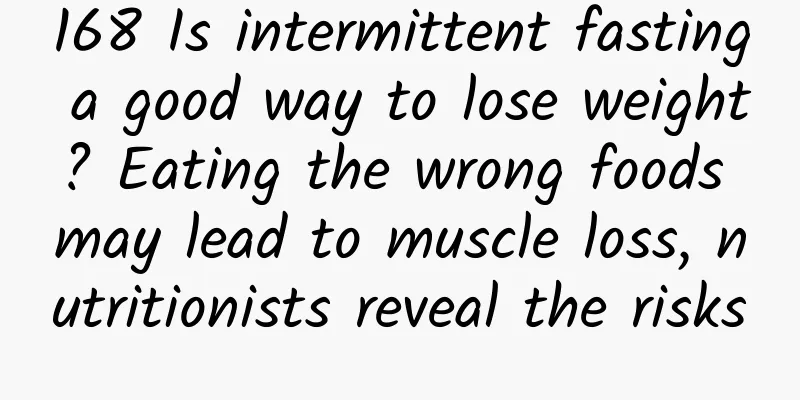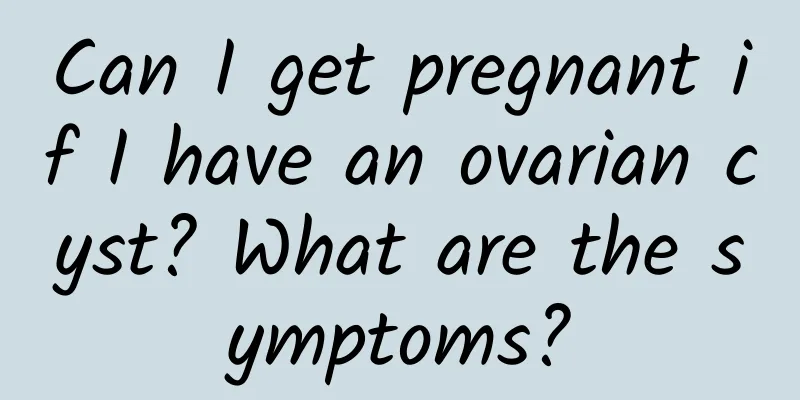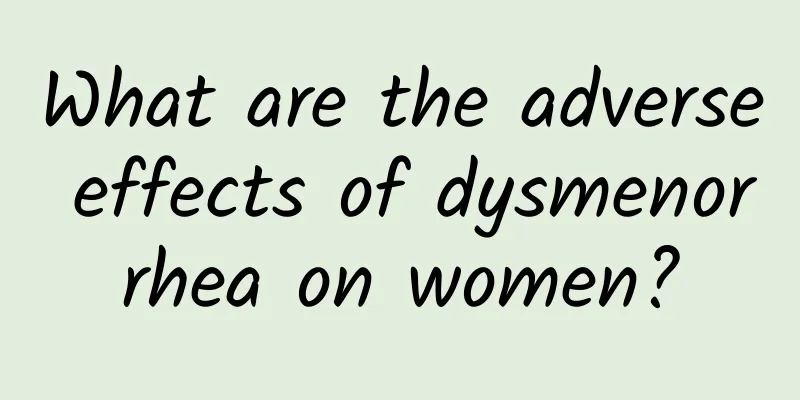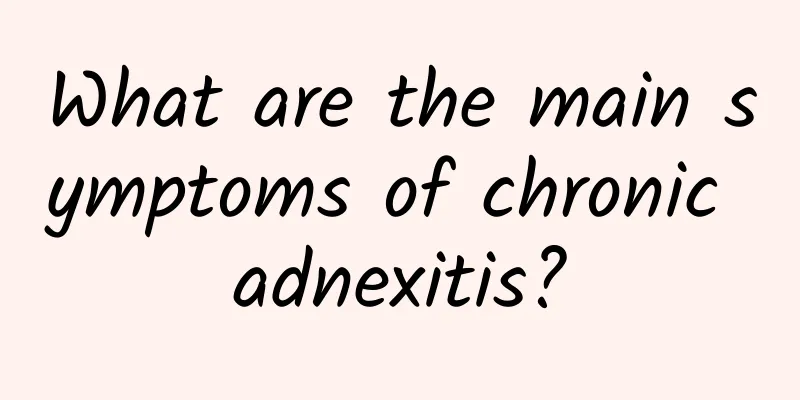What causes blood clots during menstruation?
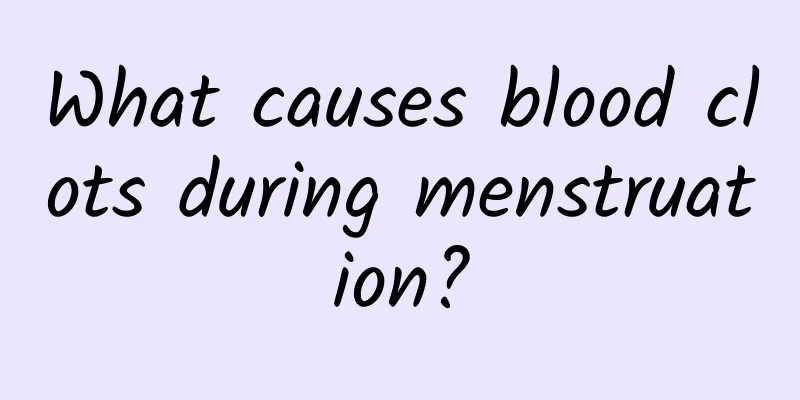
|
The presence of blood clots during menstruation may be a normal phenomenon, and may also be related to pelvic inflammatory disease, endometritis, endocrine disorders, ectopic pregnancy and other reasons. 1. Normal phenomenon: Menstruation is usually caused by the shedding of the endometrium. When the menstrual blood volume is too much and the endometrium is shed in large quantities, there will be menstrual blood clots, which is a normal phenomenon. 2. Pelvic inflammatory disease: It may be caused by poor hygiene habits and infection by pathogens, which may cause menstrual bleeding under the stimulation of inflammation, and may also cause symptoms of dysmenorrhea. 3. Endometritis: It is generally caused by bacterial infection and may cause irregular shedding of the endometrium, thereby causing blood clots, and may also be accompanied by dysmenorrhea or increased menstrual flow. 4. Endocrine disorders: Bad habits such as staying up late, overwork, mental depression, abnormal eating habits, excessive anger, etc. may cause endocrine disorders and lead to blood clots during menstruation. 5. Ectopic pregnancy: If a woman has an ectopic pregnancy, she will have irregular vaginal bleeding with a large amount of blood, accompanied by the discharge of blood clots. If a woman experiences large blood clots during menstruation or is accompanied by other uncomfortable symptoms such as severe pain, continuous bleeding, etc., it is recommended to seek medical attention in time for accurate diagnosis and treatment. Note: It is recommended that women should have good living habits, get enough sleep, and avoid staying up late. At the same time, they should eat regularly and nutritiously, and avoid spicy and irritating foods. Pay more attention to personal hygiene, take frequent baths, and change clothes frequently, which will help prevent menstrual problems. |
<<: Is it normal for menstruation to last four days?
>>: What is the difference between intrauterine effusion and pelvic effusion and how to diagnose it
Recommend
What are the clinical symptoms of miscarriage?
Young boys, young girls, and ignorant girls accid...
How to completely cure uterine effusion
Uterine effusion is mostly caused by uterine effu...
What are the most important things to pay attention to after abortion?
Speaking of abortion, I believe everyone should k...
What is the cause of premature ovarian failure?
What are the causes of premature ovarian failure?...
What should you pay attention to after painless abortion
At present, painless abortion is the most widely ...
Clinical manifestations of hyperprolactinemia
Hyperprolactinemia is a very common disease, whic...
Don’t forget to supplement amino acids after exercise. Eating black beans is low in calories and has no burden.
Both men and women dream of having "beautifu...
How long does it take to treat cervicitis for the second time?
How long does it take to treat cervicitis for the...
Super sexy "butt dance" made her lose 6.8 kg in a week
Following "Gangnam Style" and "Har...
Women should learn more about measures to prevent vaginitis
Vaginitis is a common female disease that can cau...
What is the use of infrared light for vulvar leukoplakia? Is infrared light effective in treating leukoplakia?
What is the use of infrared for vulvar leukoplaki...
Obesity is caused by eating. Nutritionists teach you how to lose weight without burden
Nurse Huang's weight loss journey (76 kg befo...
Pay attention to the causes of vulvar leukoplakia!
Vulvar leukoplakia is also one of the common gyne...
What medicine should women use for chronic cervicitis? These medicines are effective in treating chronic cervicitis
Chronic cervicitis should be treated with correct...
Pain on the outside of the breast after two months of amenorrhea
Amenorrhea for two months accompanied by breast p...
